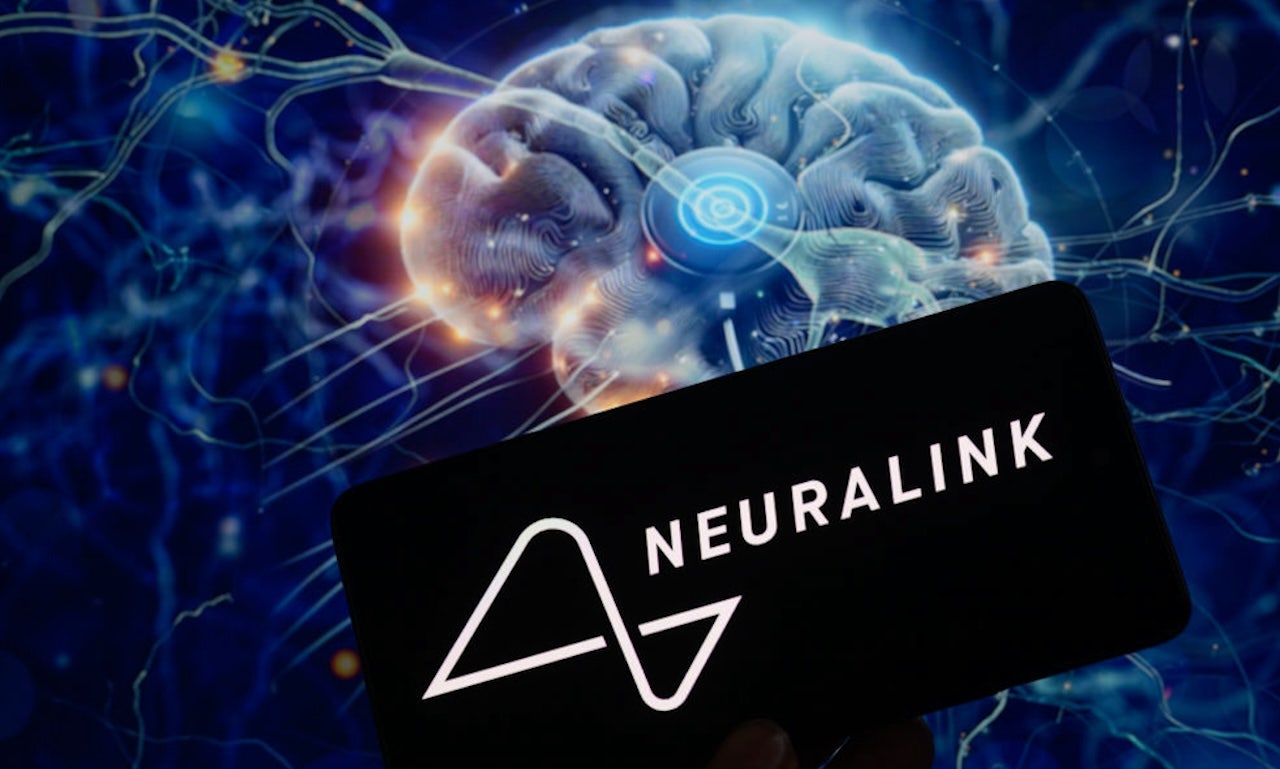Paralyzed father with ALS receives Neuralink implant to control his computer

Brad Smith, an Arizona husband and father who has been battling ALS, recently made history by becoming the third person to receive Neuralink, the brain implant developed by Elon Musk’s company. This groundbreaking technology has allowed Smith, who is completely paralyzed and dependent on a ventilator to breathe, to communicate using only his thoughts.
In a post shared on X, Smith expressed his gratitude to Musk for the life-changing implant. He revealed that he is now able to type using his brain as his primary form of communication. The implant, which is about 1.75 inches thick, was placed in Smith’s motor cortex, the part of the brain responsible for controlling body movement.
Using the brain-computer interface (BCI) provided by Neuralink, Smith was able to create a video using his MacBook Pro. This video, narrated by an AI-generated version of his old voice, showcased how the implant has given him freedom, hope, and improved communication. Smith emphasized that Neuralink has significantly impacted his life and expressed his excitement to be part of a technology that will benefit many people.
ALS, also known as Lou Gehrig’s disease, is a progressive neurodegenerative condition that affects nerve cells in the brain and spinal cord. Over time, the disease leads to muscle control impairment, ultimately resulting in paralysis. Despite its devastating effects, ALS does not impact cognitive function.
Dr. Mary Ann Picone, a medical director at the MS Center at Holy Name Medical Center, praised the capabilities of Neuralink, stating that the technology has the potential to empower paralyzed patients to control computers and mobile devices with their thoughts. While there are inherent risks associated with the implant, such as surgical complications, the benefits of restoring personal control for paralyzed individuals are significant.
Dr. Peter Konrad, chairman of the department of neurosurgery at WVU Rockefeller Neuroscience Institute, hailed Smith as a hero for individuals with severe disabilities like ALS. He highlighted the advancements in BCI technology and emphasized the need for broader access to these devices for disabled patients.
Smith, a man of faith, shared that he believes his journey with ALS has a greater purpose in serving others. He expressed his trust in God’s plan for him and his family, acknowledging the unexpected blessings that have come his way. Despite the challenges posed by ALS, Smith remains optimistic and grateful for the opportunity to work with the talented team at Neuralink.
In conclusion, Brad Smith’s experience with Neuralink serves as a beacon of hope for individuals facing debilitating conditions like ALS. The potential of this technology to restore independence and improve quality of life for paralyzed individuals is truly remarkable. As advancements continue to be made in the field of neurotechnology, the possibilities for enhancing the lives of disabled patients are endless.




